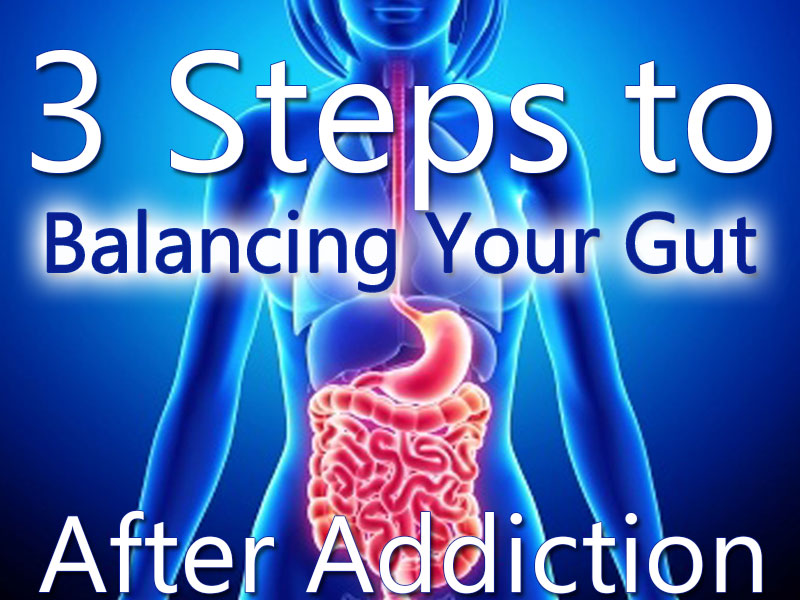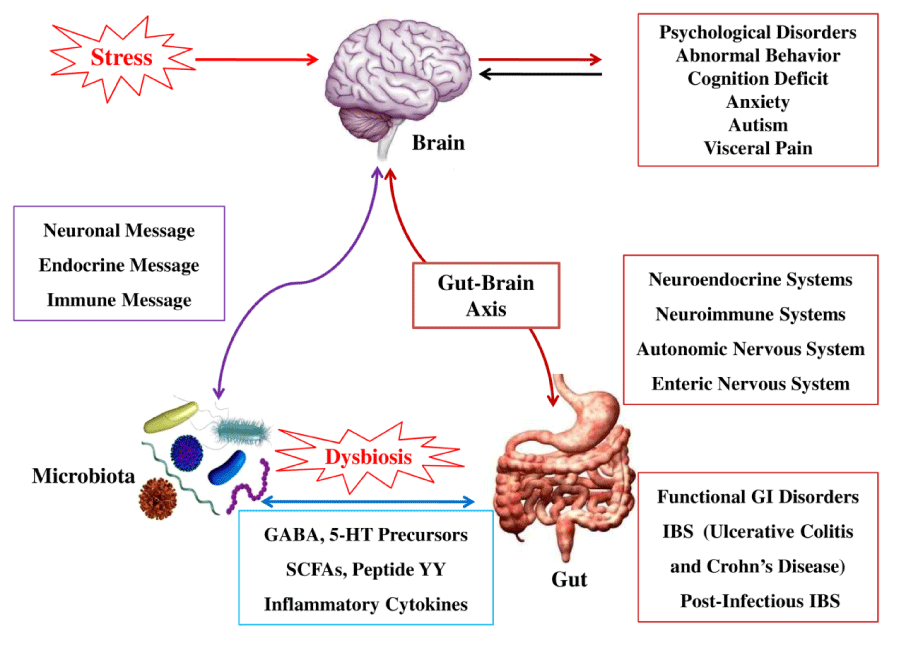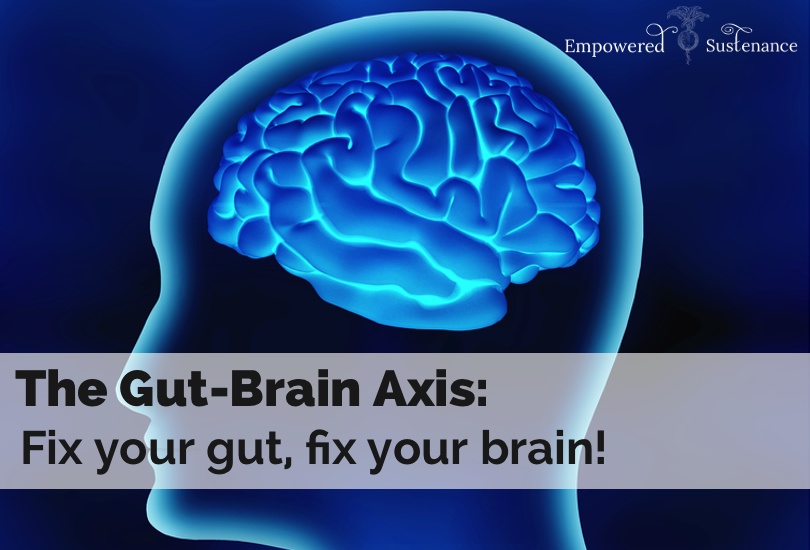Healthy digestive system for wellness

Healthy digestive system for wellness for good gut health is very important
Healthy digestive system for wellness: Never ignore communications from your Gut
Digestive disorders can cause so much uneasiness, though we often shy off from taking about our healthy digestive system, like bloating, constipation, abdominal cramping and the like, many are suffering in silence. It will interest you to note that currently about 60-70 million people in the US alone are affected by digestive diseases. Because of this, we cannot continue pretending that all is well. And that explains why doctor Dalal Akoury MD President and founder of AWAREmed health and wellness resource center together with her team of experts are helping people across the globe by transforming each individual’s life through increasing awareness about health and wellness and by empowering individuals to find their own inner healing power. Remember that doctor Akoury’s practice focuses on personalized medicine through healthy lifestyle choices that deal with primary prevention and underlying causes instead of patching up symptoms. And as we continue the discussion, of you have any problem with your digestive system, you can call her today on telephone number 843 213 1480 for the commencement of your treatment.
Good gut health is important to the general and best functioning of all your body systems. It is also true that many conventional doctors have treated the symptoms without looking for what is really the cause. This has resulted in a cycle of symptoms which keep recurring despite regular treatment. And talking about gut health, it is worth noting that besides your digestive system, it also affects other parts of the body systems. The following are some of the symptoms that can be experienced due to arising digestive issues:
- Anxiety or depression
- Bloating, belching, and flatulence after meals
- Chronic intestinal infections
- Fatigue
- Indigestion, diarrhea or constipation
- Iron deficiency
- Painful joints
- Skin irritations like post-adolescent acne or rosacea
- Weak or cracked fingernails
Some of the biggest contributors to digestive disorders, including leaky gut syndrome, are stress, toxin overload, poor diet and an imbalance of bacteria. It may not be easy to shift some of these factors, but it is possible, and we can help. Let’s look at some small steps you can take to get your digestive system back on track.
- Stress reduction
- Eliminating toxins from your system
- Eating real food
- Seeking for probiotic support
- Looking at the underlying causes and
By considering using other supplements
You might find that taking digestive enzymes with foods calms your symptoms by aiding your system in the breakdown and absorption of nutrients. Extra omega 3 fat supplements can help calm inflammation. You might need a supplement like glutamine, quercetin, and zinc, all of which help heal the gut. Finally, it might seem overwhelming to examine what is really going on in your gut. But because digestive health is tied to so many other conditions, if you don’t address what’s going on there, you can’t truly feel your best. And for you to get the best, you may want to consider scheduling an appointment with doctor Akoury now to help you out professionally.
Healthy digestive system for wellness: Never ignore communications from your Gut
http://www.I-AM-I.com/wp-admin







 The microbiome of our bodies comprises more than 90% of the genetic material present. A study of these organisms and the effect that they have on our body chemistry and processes is a relatively new branch of research, and much of the interactions that govern their behavior and the impact that they have on our physiology are still unknown.
The microbiome of our bodies comprises more than 90% of the genetic material present. A study of these organisms and the effect that they have on our body chemistry and processes is a relatively new branch of research, and much of the interactions that govern their behavior and the impact that they have on our physiology are still unknown. Cravings and addictions can be the body’s way to express deficiencies in certain essential chemicals, such as dopamine or serotonin. A common side effect of dopamine imbalance is an addictive behavior. The person suffering from a shortage of these chemicals will try to find the reactions they create from external sources such as food, alcohol, or drugs. As the addictive substance further impedes the production of the necessary neurotransmitters, more and more is required to maintain the same level of reaction and response. The microbes in the gut also affect anxiety levels, which means that a person with a compromised gut will have a greater level of anxiety and depression, leading to a higher chance of dependence on and addiction to drugs and other mood-altering substances. Unless the root problem of the compromised digestive microbiota is addressed, there is also a greater likelihood that addicts will relapse after rehab, as a result of these elevated anxiety levels.
Cravings and addictions can be the body’s way to express deficiencies in certain essential chemicals, such as dopamine or serotonin. A common side effect of dopamine imbalance is an addictive behavior. The person suffering from a shortage of these chemicals will try to find the reactions they create from external sources such as food, alcohol, or drugs. As the addictive substance further impedes the production of the necessary neurotransmitters, more and more is required to maintain the same level of reaction and response. The microbes in the gut also affect anxiety levels, which means that a person with a compromised gut will have a greater level of anxiety and depression, leading to a higher chance of dependence on and addiction to drugs and other mood-altering substances. Unless the root problem of the compromised digestive microbiota is addressed, there is also a greater likelihood that addicts will relapse after rehab, as a result of these elevated anxiety levels.